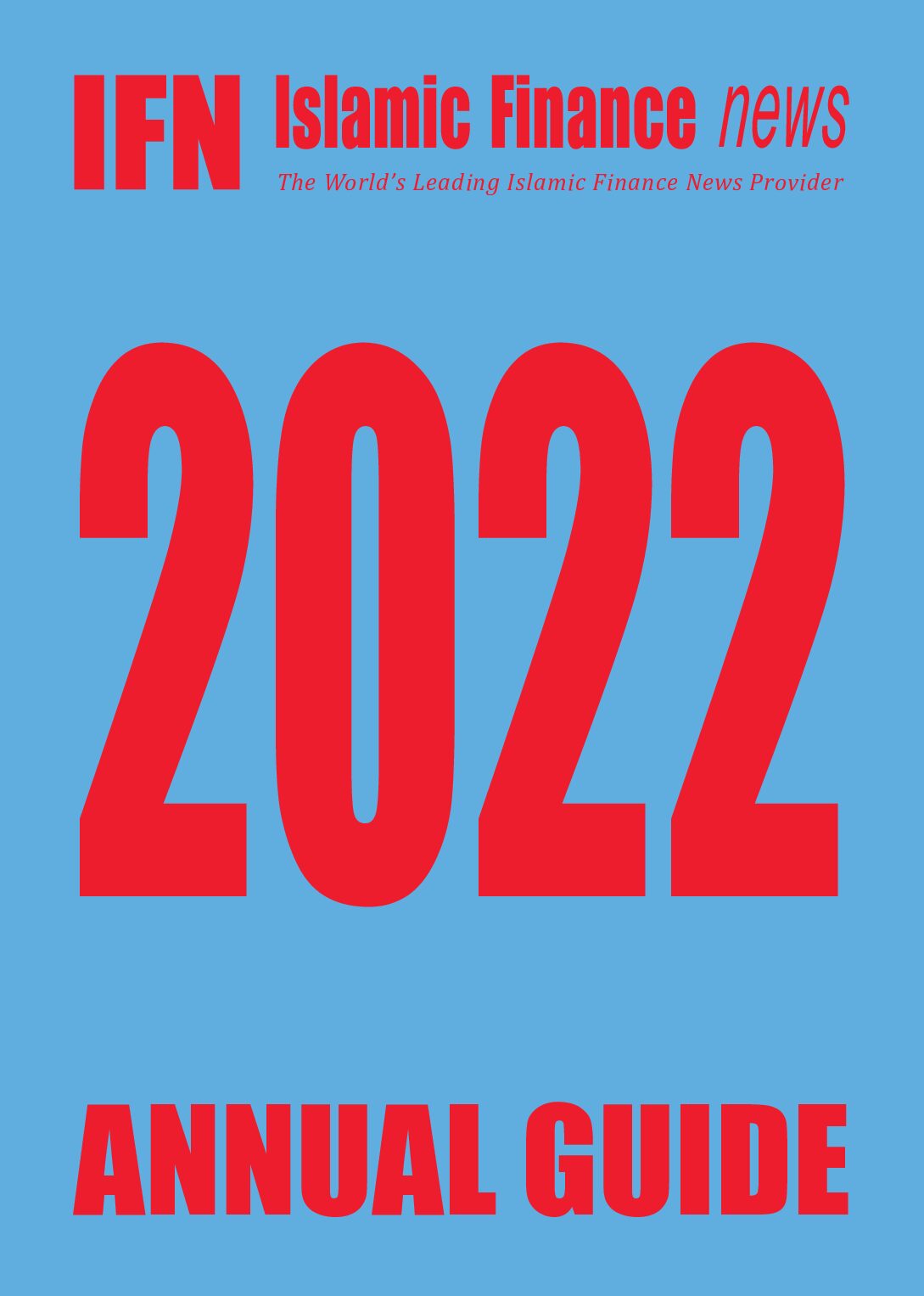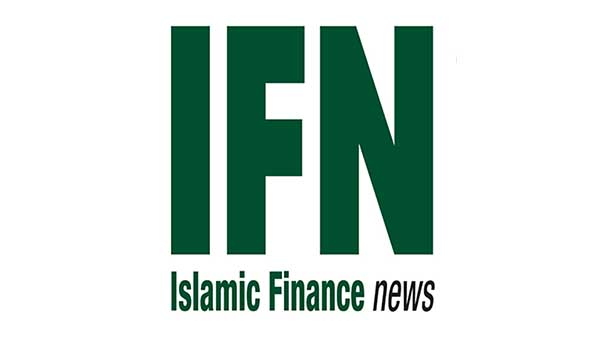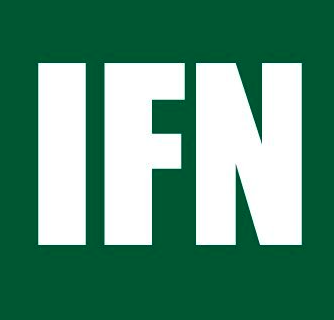ifn
We are delighted to share the Country Report written by Stefano Loconte and first published on the IFN Annual Guide 2022.
The article is focused on doing a review of 2021 and on giving a preview of 2022, with regard to the development of Islamic Finance in Italy.
Our latest contribution published in IFN Volume 18 Issue 49 dated the 8th December 2021.
The growing and long-standing relationship between Italy and the UAE deserves a brief examination since the UAE represents one of the main partners for Italy in terms of political, cultural and scientific perspectives based on the strong bilateral relations between the two countries.
Our latest contribution IFN Volume 18 Issue 44 dated the 3rd November 2021.
On a recent occasion during the Expo Dubai, the Etihad Credit Insurance (ECI) and SACE, the Italian export credit company (CDP Group) held a meeting discussing the development of the action plan in supporting sustainable development projects, trade finance of SMEs as well as the Halal sector, in line with their respective national economic strategies.
by Avv. Prof. Stefano Loconte – Our latest contribution on IFN Volume 17, Issue 48, dated 2nd of December 2020.
As Italy has the fourth-largest Muslim population in Europe and is also the main leader in the fashion industry, the interest in modest fashion has increased in the last few years, not only from Muslims but also from non-Muslim ‘fashionistas’. Market players in the Italian fashion industry have noticed the worldwide demand for modest clothing and have created specific fashion collections dedicated to Muslim women. No doubt, this represents a step forward in strengthening the connection between the Islamic world and Italy but it is also a deep understatement of the Islamic culture.
Therefore, does it represent a step forward to the embrace of Islamic finance and Halal into Italian economic system?
Download and read the full article as PDF: IslamicFinanceNews
by Stefano Loconte
As commonly known, the Shariah supervisory board has the crucial role of controlling and providing guidelines, advice and Fatwas to banks and institutions regarding Shariah compliant incomes and earnings.
In most Islamic countries, the financial institutions are ‘highly recommended’ to establish an independent Shariah supervisory committee even if not explicitly legally required.
Therefore, is it feasible in Italy to create in a joint stock company an internal board to supervise Shariah compliance?
Finds the answers and considerations on these issues by our Managing partner Stefano Loconte on IFN Volume 17 Issue 43 dated the 28th October 2020.
You can read it online at this link
By Stefano Loconte
Read the contribution of our founder Stefano Loconte, published in Islamic Finance news Volume 17 Issue 33 dated the 19th August 2020, about the new sustainable and environmentally friendly investments (ESG) Italian Baks are rapidly embracing.
“Environmental, social and governance (ESG) factors are rapidly arising in investors’ awareness worldwide and expected to grow in the Islamic finance industry due to a strong link between the two.
Such sustainable notions also exist in Islamic finance and the size is reportedly substantial. For example, Waqf, which is a donation of an asset or cash for religious or charitable purposes with no intention of reclaim, is construed as a type of socially responsible financing. Therefore, it is possible to imagine the thin alignment between the Islamic finance industry and these sustainable factors
Sustainability, equality and a clean environmental record are the essential factors of financial performance and savvy investors are starting to embrace them.
In such a scenario, sustainable investment funds are confirming their efficiency in managing underlying risks and delivering more resilient returns because they support and finance companies that are preserving the wellbeing of the planet and the community.”
Read the full Issue at this link
or download the PDF version here (Download)





